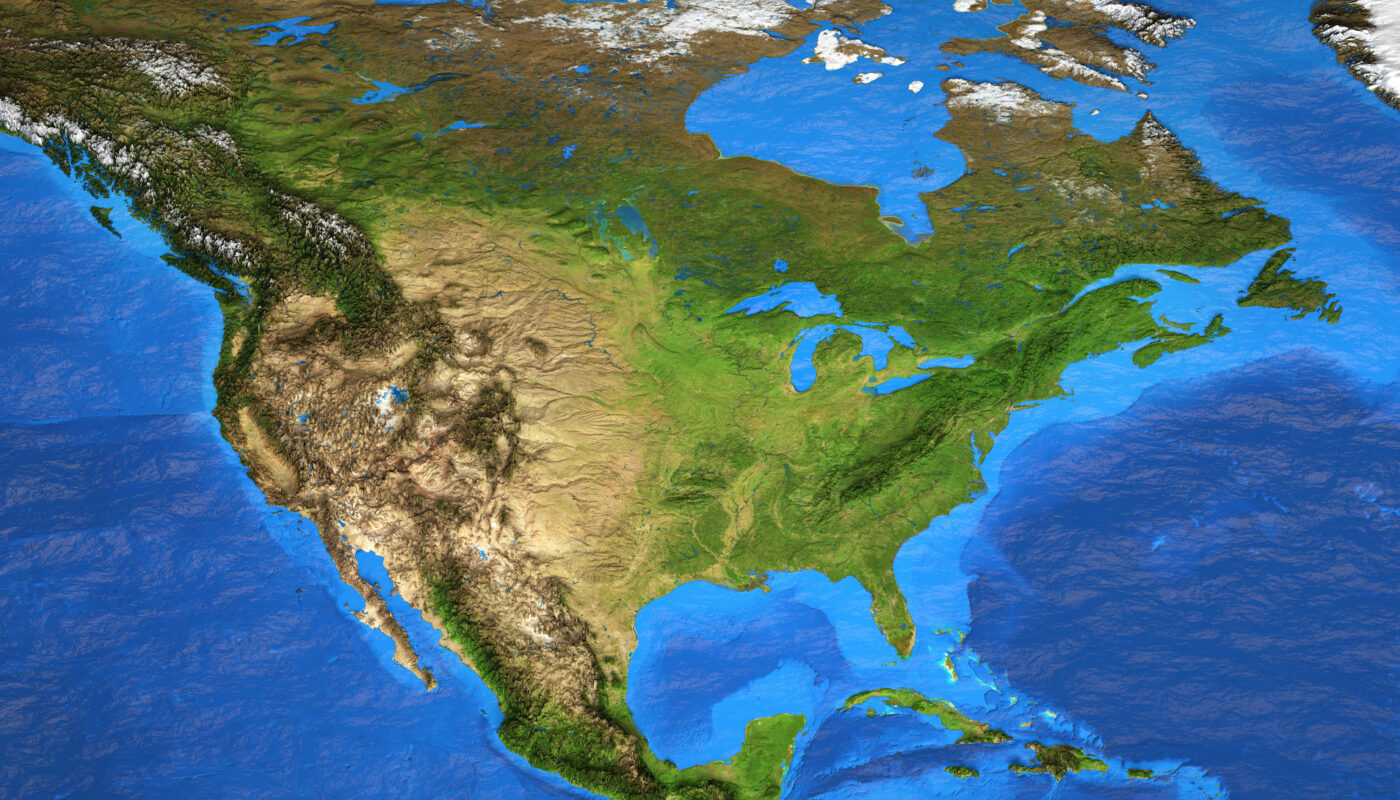The past decade has seen the emergence of a new economic model – the creator economy. Individuals and small businesses are leveraging digital platforms to market, monetize and scale their creative work like never before. This transition has been most impactful in North America, where a perfect storm of technology, culture and demand has given rise to a thriving creator ecosystem.
The Digital Revolution Unlocks New Opportunities
Advances in technologies like smartphones, affordable cameras, easy to use editing tools and widespread internet access have lowered the barriers for anyone to become a content creator. Platforms like YouTube, Instagram, TikTok and Twitch allow creators to build massive global audiences with just a smartphone. Livestreaming and remote collaboration tools enable new forms of monetization through subscriptions, donations and e-commerce.
“The rise of the mobile internet has truly unleashed unprecedented opportunities for creators of all kinds.” says Michael Tubbs, Director of Technology and Innovation Policy at Social Capital. “A dozen years ago, building an audience as a solo creator across state or national lines would have been all but impossible. Digital tools now level the playing field in ways we’re only beginning to understand.”
New Tools Drive Specialization and Niches
Specialization has been a defining characteristic of North American Creator Economy. Digital tools have empowered creators to carve out profitable niches where very specific interests and communities form. This has led to the rise of hyper-specialized genres from ASMR and Stop Motion to RC Cars and Scrapbooking that attract devoted, monetizable audiences.
Nisha Chittal, a Toronto-based artist and illustrator notes “The scope for catering to narrow interests has grown tremendously. The economics of having a few hundred highly engaged followers who love your content can now sustain a side business or full time career.” This specialization has fueled the rise of micro-entrepreneurs making a living from hobbies and passions.
Building Sustainable Careers as Solo Acts
For the first time, being a successful content creator no longer requires major labels, publishers or studios. Individuals are establishing sustainable independent careers through building personal brands online. Lilly Singh became the first solo female YouTube creator to host a late night show after amassing a 14 million strong following. Variety reports 43% of Gen Zers now aspire to become YouTubers or online personalities.
“It’s very inspiring to see solo creators on platforms like YouTube achieve mainstream success through sheer creativity and perseverance,” says Anthropic CEO Dario Amodei. “This new potential for independent sustainability online is reshaping career aspirations globally, but especially in entrepreneurial cultures like the U.S. and Canada.”
Support Systems Drive Further Growth
As the opportunities of the creator economy have expanded, support systems have emerged to help creators navigate the business and technical aspects of building sustainable online careers. Networks like Maker Studios and Fullscreen offered early monetization and distribution support to YouTube stars launching their brands.
Accelerators like The Creator Fund and Aglet provide funding, mentorship and business training exclusively focused on helping internet-native creators establish successful companies around their online presence. Consultancies like Anthropic specialize in leveraging AI to empower creators at scale through automation, personalization and new content formats.
“Over the past few years we’ve seen an exciting proliferation of services dedicated to empowering creators through community, education and tools” says Frank Streppel, Executive Director of The Creator Fund. “This fertile support system acts as an innovation flywheel, fueling an increasingly vibrant creator economy with each new cohort of internet talent it helps achieve independence and success.”
Changing Face of Work
As the creator economy matures, its impact is extending well beyond online platforms. Scores of creators are leaving traditional employment to build careers centered around their passions. According to MBO Partners State of Independence report, the number of freelancers in the U.S. grew by 3.8 million in the past year alone.
A 2020 survey by Masterclass found that over 40% of creators have entirely transitioned from full-time jobs to focus on their creative work online. Social sectors like education are getting disrupted as well – top creators are now directly competing with traditional institutions by self-publishing online courses.
“The creator economy embodies an emerging vision of work that is healthier, more fulfilling and better suited to the digital age,” observes Anthropic’s Dario Amodei. As solitary creators establish sustainable self-employment through platforms, it is driving a more human-centered, purpose-driven paradigm of work globally.”
The Golden Age is Just Beginning
While North America has led the charge, the creator economy is truly a global phenomenon with far reaching impacts. It represents an ongoing power shift towards individual expression, specialization and independence online. Where other movements stalled, the infrastructure to sustain independent creators at unprecedented scale is only now fully taking shape.
Experts agree this is just the beginning. With continued advancement in artificial intelligence, virtual and augmented reality, the future possibilities for creators are limitless. As many traditional jobs are automated away, the skills of creativity, problem solving and human connection embodied by the best internet creators will become ever more valuable. If supported properly, the golden age of the creator economy and its influence on work globally may be yet to fully emerge.
Through a perfect alignment of technological progression and cultural forces, North America has become the epicenter of a thriving creator economy unlike anything seen before. While challenges remain around stability and discoverability, the infrastructure supporting individual expression and entrepreneurship online is sparking powerful social and economic change. This signals a long-term transition towards more human-centered, purpose-driven careers centered around individual passions. The coming decades may see the entrepreneurial spirit embodied by digital creators spread worldwide, reshaping our understanding of work itself.



